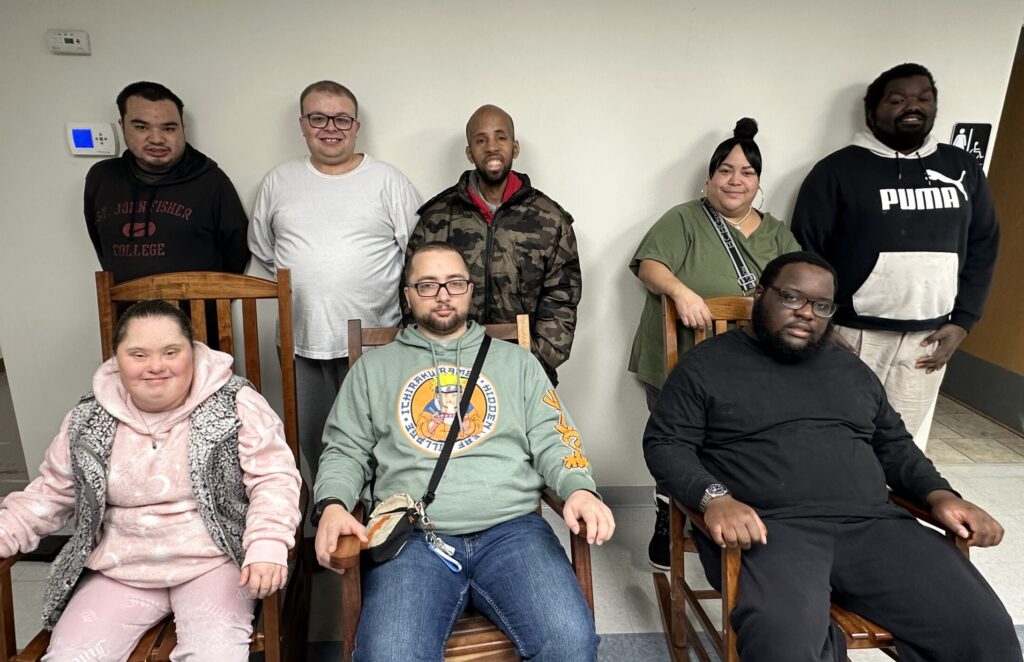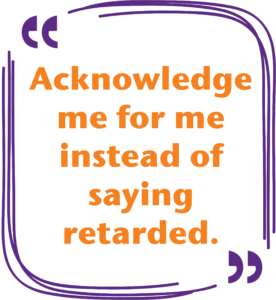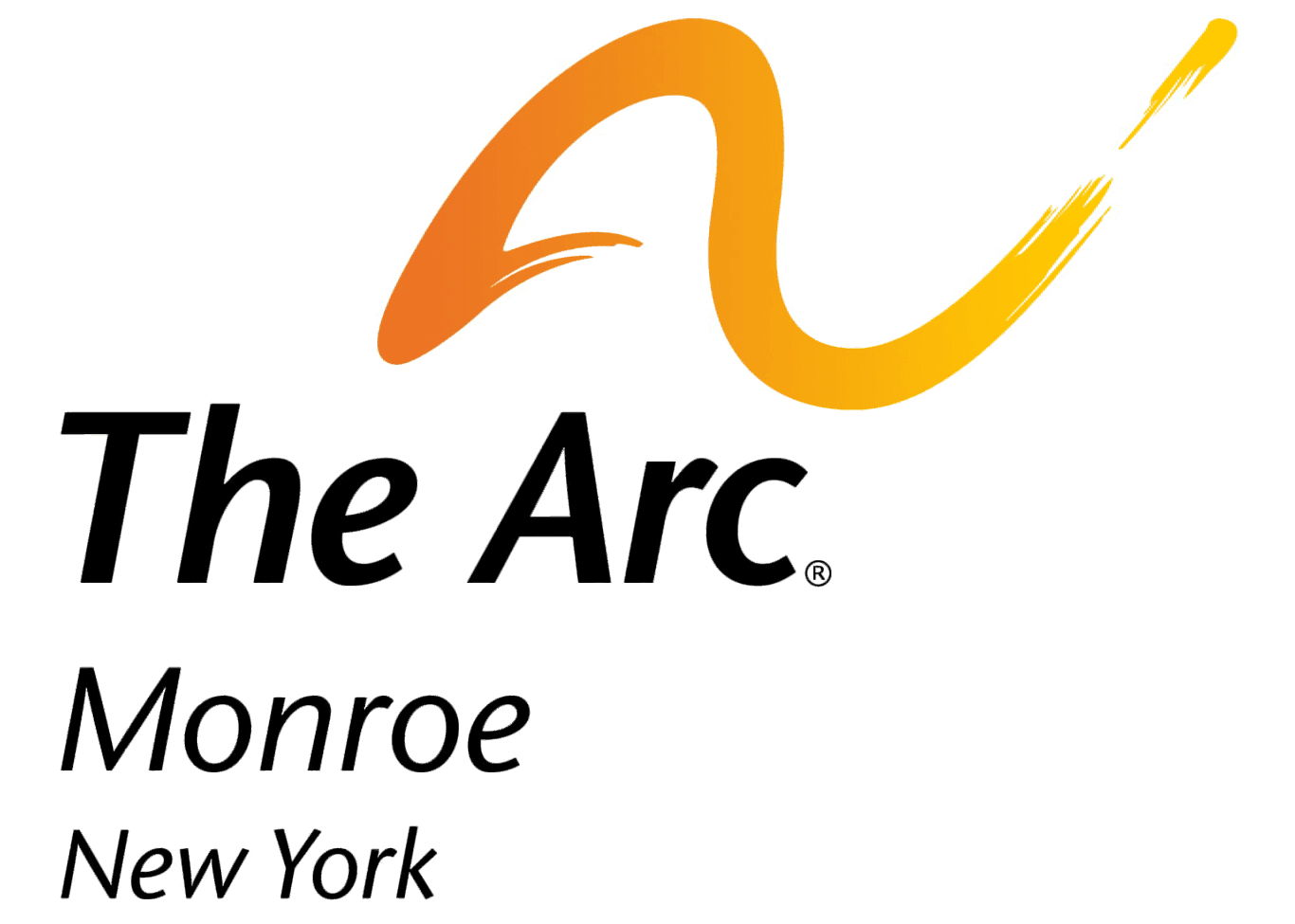The R-word is hate speech and it’s a slur against people with intellectual disabilities. That’s how the people at the Community Connections Day Program see it.
“I feel disgusted about it. It makes me feel angry,” said Tayler Bayer.
When someone uses the R-word as an insult or joke, they’re equating intellectual disability with something negative or laughable. It’s not just offensive, it’s dehumanizing. Terms like “idiot” and “moron” also have roots in demeaning people with disabilities. These words cause real pain and perpetuate harmful stereotypes.
 According to The Arc of the United States, the term “mental retardation” made its debut in 1961 as a neutral medical term for people with intellectual disabilities. But it quickly became a cruel insult, carrying the weight of discrimination and prejudice.
According to The Arc of the United States, the term “mental retardation” made its debut in 1961 as a neutral medical term for people with intellectual disabilities. But it quickly became a cruel insult, carrying the weight of discrimination and prejudice.
After years of progress, the R-word is making a comeback, especially online and in pop culture. Earlier this month, Elon Musk faced a whirlwind of criticism after using a slur against an X user Joni Askola, a Finnish doctoral candidate who tweeted, “Elon Musk is rapidly becoming the largest spreader of disinformation in human history, hijacking political debates in the process. The EU must take action!”
In response to the user’s criticism, Musk replied, “F u retard.”
According to a joint study released Jan. 10, 2025, from Montclair State University, the use of the slur “retard” tripled on X after Musk used the word in his post.
The New York Times reported that while campaigning for the 2024 presidential election, Donald Trump called Vice President Kamala Harris “retarded” while attempting to convince top Republican donors to pour more money in his campaign.
As two of our country’s leading figures, they can influence the hearts and minds of millions of people in the United States and around the world.
Those attending Community Connections recently discussed the resurgence of the word and how it made them feel to hear it is becoming more popular.

Austin Parker said he wishes that people would, “Acknowledge me for me instead of saying retarded.”
Nilsa Torres says she’s heard how a bus for people with disabilities is called the “short bus” or in New York City, the “cheese bus.” Outright, the phrase means nothing at all other than to describe the size or color of the bus, but when used with the context of renaming a bus that a person with a disability would ride, the phrase becomes derogatory.
The group also discussed how the underlying meaning of the word may vary from culture to culture, as well as the way people with disabilities are treated. What came from that discussion was the overarching theme of embracing each’s own and each other’s disabilities. Not one person is “normal,” and everyone has their differences, and as a community we should be learning from each other’s differences, strengths, and weaknesses, rather than tearing them down with hateful language.
Community Connections Team Leader Valerie Largent added the fact that everyone and anyone is only one fall, one car accident, one illness away from being disabled. Would we want to be treated with disrespect if someday we faced those same challenges?
“I prefer people to not call other people retarded. Instead of saying retarded, they should say something nice,” said Marce Simmons. “And if they’re not going to say something nice, they better say nothing at all.”
Words have power. They shape how we see the world and the people in it. When we casually use terms like the R-word, we’re not just being insensitive — we’re actively contributing to a culture that excludes and discriminates against people with intellectual disabilities.
People with disabilities have made it clear: this word is hurtful and unacceptable. It’s not “just a joke” or “no big deal.” The R-word serves as a stark reminder that despite progress, discrimination and mistreatment persist.
Tayler Bayer, Animesh Garg, Brenton Taylor, Christopher Hawkins, Ryan LaLonde, Austin Parker, Marce Simmons, Nilsa Torres, Jackie Morales and Ridwan Syudkur all take part in The Arc’s Community Connections. The day program offers volunteer experiences, offering the people supported the opportunity to gain independence within the community and help them achieve their vocational goals in the future.
